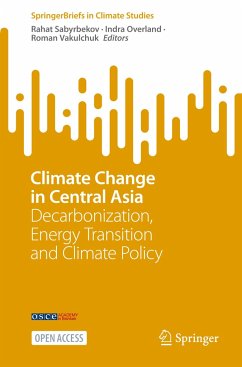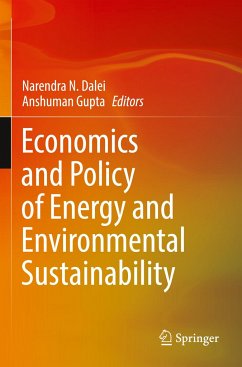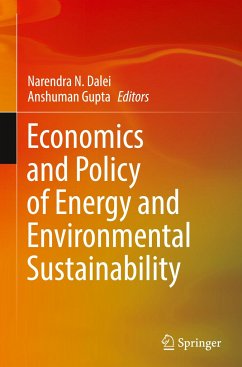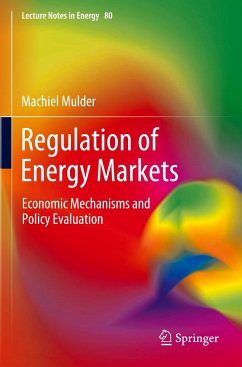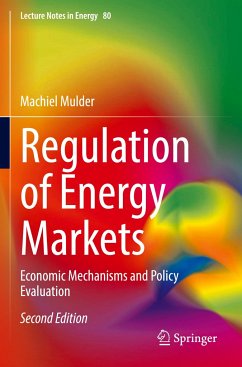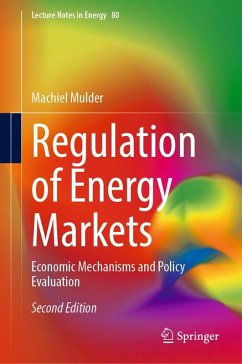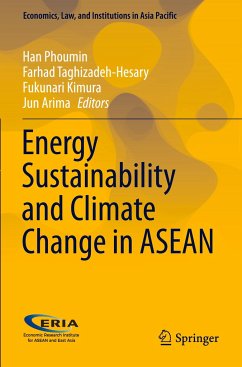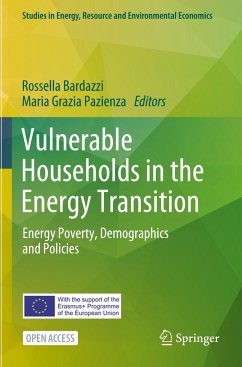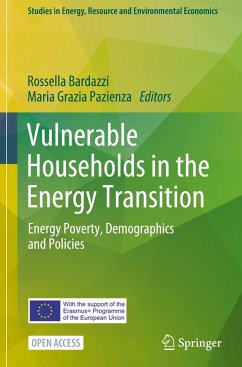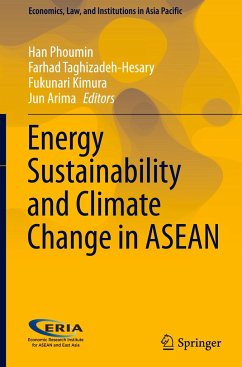
The Handbook of Energy Policy
Versandkostenfrei!
Versandfertig in 1-2 Wochen
420,99 €
inkl. MwSt.

PAYBACK Punkte
210 °P sammeln!
The Handbook of Energy Policy is a unique and novel reference for addressing the policy implications of energy demand and supply from their economic, political, social, planning, and environmental aspects. The Handbook of Energy Policy provides several studies from the global, regional, national, or local perspectives that are of wider policy significance. Studies provided in this book are of interest to the international organizations, governments, public and private sector entities, local communities, universities, research institutions, and other non-governmental organizations. Topics cover...
The Handbook of Energy Policy is a unique and novel reference for addressing the policy implications of energy demand and supply from their economic, political, social, planning, and environmental aspects. The Handbook of Energy Policy provides several studies from the global, regional, national, or local perspectives that are of wider policy significance. Studies provided in this book are of interest to the international organizations, governments, public and private sector entities, local communities, universities, research institutions, and other non-governmental organizations. Topics covered in the Handbook of Energy Policy are including energy security, energy poverty, energy finance, energy pricing, energy and environment, energy and sustainability, energy and growth, energy efficiency, energy trade, technological innovation and energy, energy transition, energy nexus studies, economics, and policy of fossil fuels, economics, and policy of renewable and greenenergies. The policy recommendations provided in all chapters are supported by a rigorous empirical or theoretical analysis.



